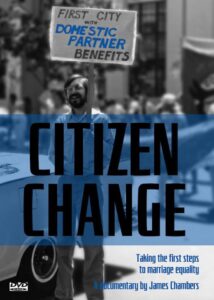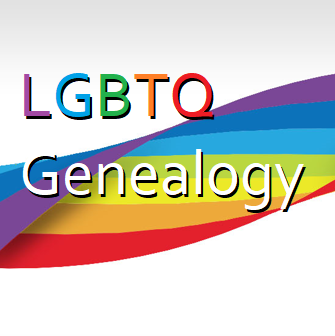Charting the Evolution from Domestic Partnership to Marriage Equality
In August 1979, gay rights activist Tom Brougham proposed the new concept of “domestic partnership” to counter the inequality of job benefits being exclusive to heterosexual couples. Tom and a dedicated group of LGBTQ activists, including my husband Leland Traiman, championed the cause first with the Berkeley School Board, then among Berkeley City employees. The ripple effect of this idea transcended local boundaries, reaching San Francisco, corporations, national platforms, and eventually, the global stage. “Civil Union” is another term for this revolutionary concept.
During an era when same-sex marriage was forbidden, registering for a domestic partnership became a strategic means of documenting relationships. This documentation, although not marriage, enabled same-sex couples to qualify for corporate or municipal spousal benefits. Below is a concise timeline illustrating the adoption of domestic partnerships:
- 1979: Tom Brougham and Barry Warren conceptualize DP
- 1982: Village Voice becomes the first private company to offer DP benefits to employees
- Aug 1984: Berkeley Education Board adopts DP for employees
- Dec 1984: Berkeley City Council adopts DP for city employees
- Nov 1985: West Hollywood creates the first local Domestic Partner Registry
- 1989: San Francisco repeals DP, then reinstates in 1990
- Oct 11, 1991: Berkeley opens the first worldwide Domestic Partner Registry; anyone globally could pay a $30 fee for a certificate to show employers
- 1992: Lotus Development Corp becomes the first publicly traded company with DP benefits
- 1995: Vermont is the first state to offer DP benefits to employees
- 1997: Hawaii is the first state to offer DP benefits statewide
- 1999: California passes DP legislation, effective Jan 1, 2000
- 2005: California passes Comprehensive DP, granting the same rights and privileges as married people
In 2012, Jim Chambers released a documentary capturing interviews from the first grassroots LGBTQ group in Berkeley, California. This film has vital first-hand accounts for LGBTQ historians about the struggles and triumphs of getting this concept accepted.
For genealogists, access to Domestic Partner registries can offer primary sources just like marriage record databases. The California State Domestic Partnership Registry and the City of San Francisco Domestic Partnership Registry are public. The City of Berkeley’s registry has been closed and its records are private. Additionally, the General Records Office (GRO) in the UK holds the Civil Partnership Certificate and is open for public orders.
It’s worth noting that the adoption of Domestic Partnerships worldwide played a crucial role in shaping attitudes towards the acceptance of same-sex marriage. A continually updated world map from Wikipedia Commons delineates countries allowing Same-Sex Marriage, Domestic Partnerships, and Civil Unions, underscoring the ongoing progress in the pursuit of LGBTQ rights globally.

A big thank you to everyone who fought, and is still fighting, for our rights to marry around the world and through the years.
HAPPY PRIDE MONTH EVERYONE!




